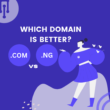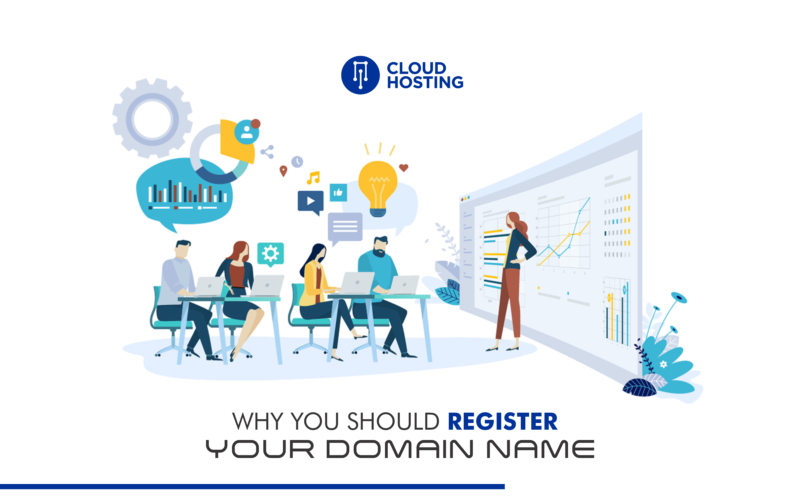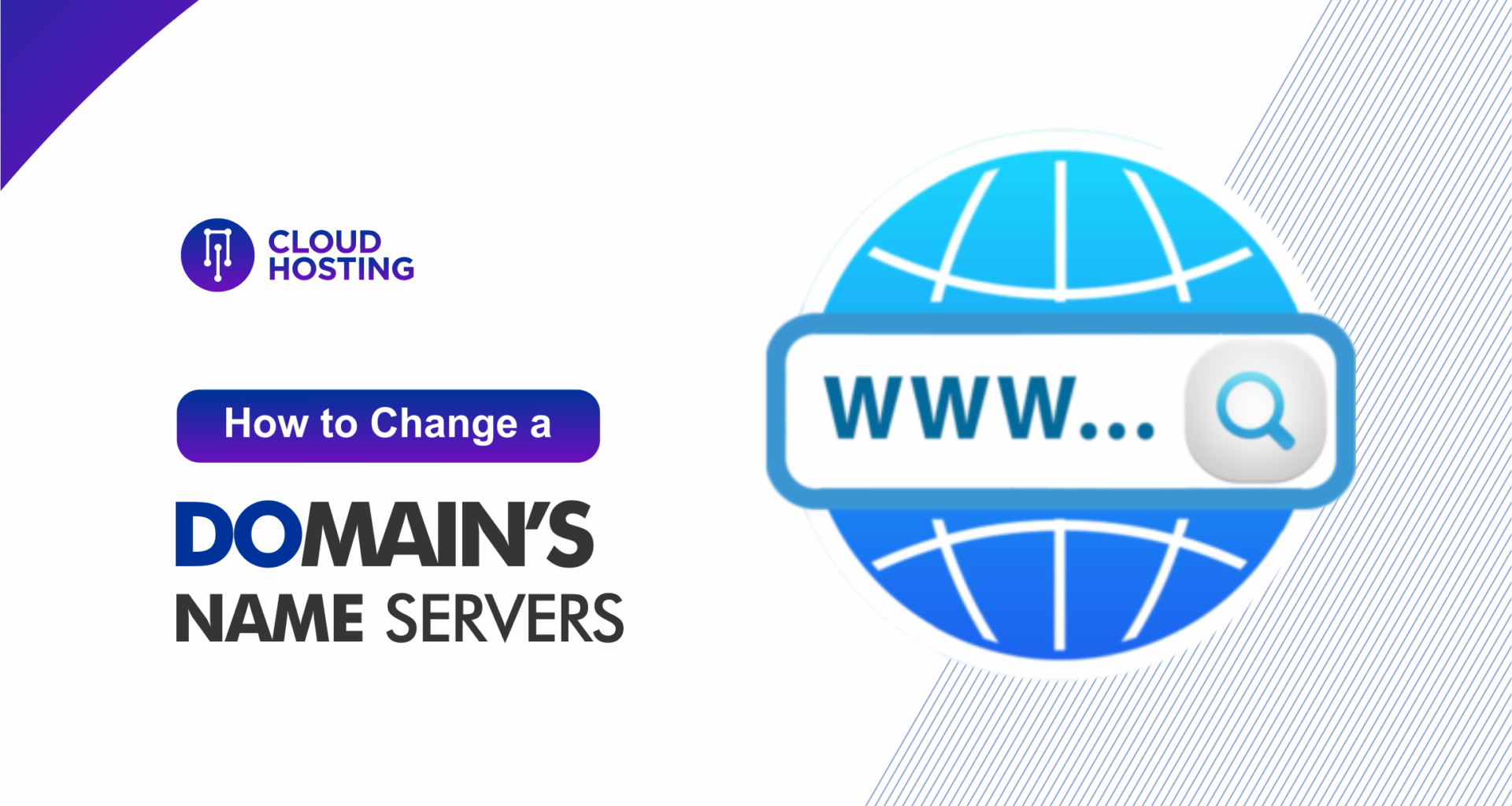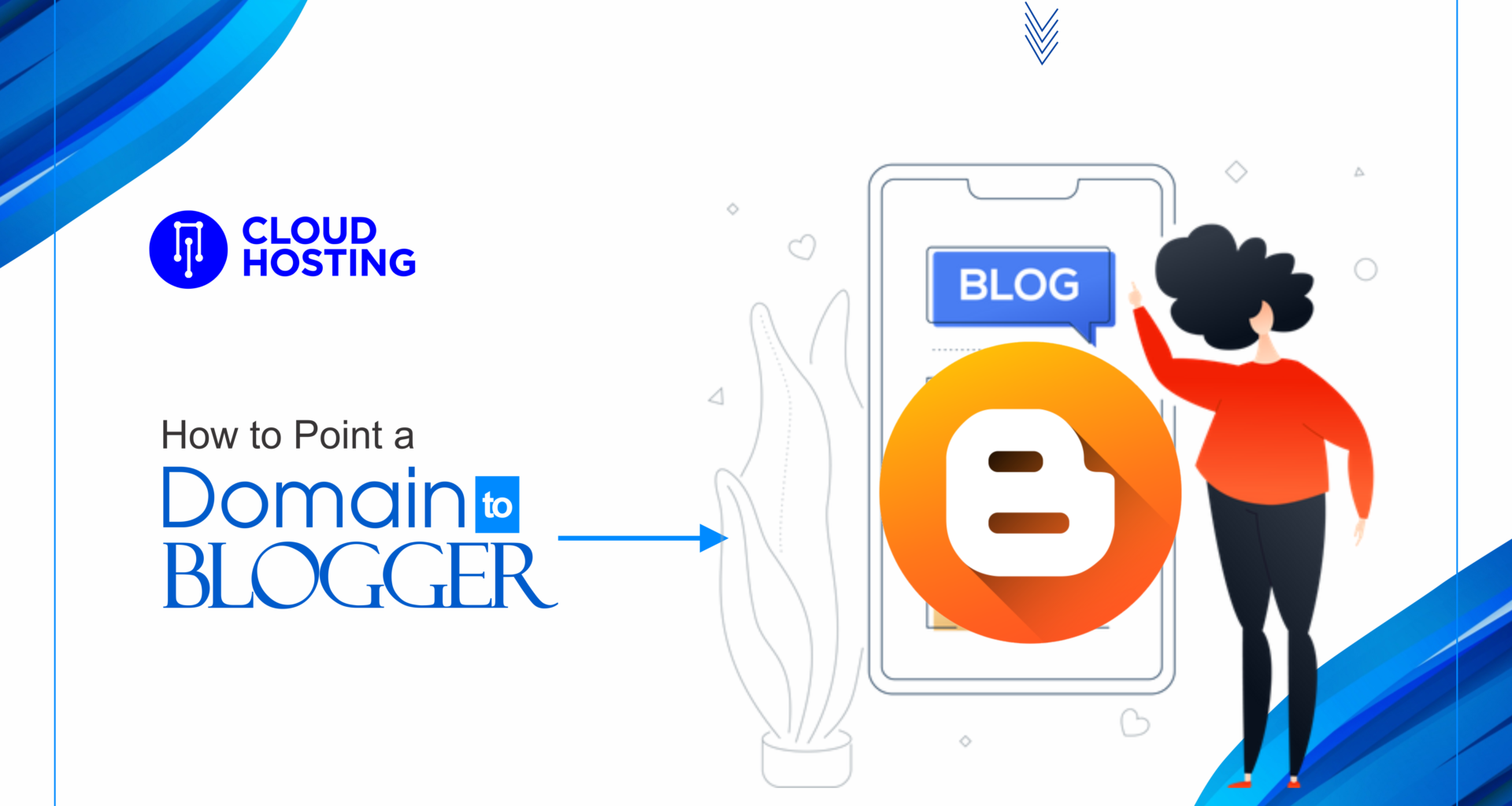Internet users have many options for establishing their online presence without owning a domain, from third-party publishing platforms to Facebook pages and groups. It’s a smart move to own your own domain name, whether you’re starting a blog or running a business because it puts you in control of the brand you build and the content you create. If you have ever wondered “why do I need a domain name?”, the experts at Intech Cloud are here to help. In this guide, we’ll discuss what a domain name is, and why it’s important to start a successful website.
What Is a Domain Name?
A domain name provides an easy way for users to access the address of a website’s real online location: its IP address. Across the Internet, IP addresses are strings of numbers and other characters used to access websites from any device or location. The IP address, however, is difficult to remember and type correctly, so the domain name represents it in a word-based format that is easier to use. When a user types a domain name into a browser search bar, the browser uses the IP address it represents to access the site.
An Internet domain name consists of a unique name chosen by the user followed by an extension, such as .com, .net, or .org, that indicates the site’s Top Level Domain. You can check the availability of a domain name through a domain name checker available through domain registrars and web hosting providers. Due to the fact that every domain name must be unique, you cannot use a name that is already taken, but there are many new top-level domains currently available, so you can choose from a number of combinations to get the right domain name for your new site. Alternatively, you can buy an existing domain name from its current owner or from an online marketplace or auction site that sells unwanted names for a variety of prices.
Depending on the name you choose, registering and buying a domain name can cost as little as NGN1,500 or as much as thousands of dollars for an already popular name. Even though new, unusual TLDs like .me and .bio cost more than the familiar .com and .net, these extensions may be the best way to express your brand. Upon choosing a unique name, you can register it through an independent domain registrar or through the hosting company you choose. Even if you don’t have a website yet, you can still claim ownership of your ideal name and keep it until you’re ready to launch.
Why Should You Get a Domain Name?
Creating a business or blog online is easy using free or paid hosting services, and social media is also a great tool. With free Facebook pages and blogging platforms like BlogSpot or Medium, users can post all kinds of content and images. Entrepreneurs can sell physical and digital goods on online marketplaces such as Shopify and Etsy. Creatives such as photographers and designers can create an online portfolio without having to create a whole website from scratch by using sites like Squarespace.
These sites demonstrate that it’s possible to have an online presence without owning your own domain. The disadvantage of these platforms, however, is that if you aim to build authority for your brand and be widely visible, you will have to deal with problems that can be avoided with your very own domain name.
Domain names are unique and searchable
When creating a page or account on your favorite social media platform or signing up for space on a third-party website hosting website, you typically get a subdomain on the hosting site’s domain. In other words, your “address” would look like this: hostsite.com/yourname. It can lead to an unwieldy, long, and almost impossible-to-remember address, depending on where you post your content.
Owning a domain name, especially one with the familiar .com extension, makes it easy for users to remember your identity and purpose. That’s why it’s a good idea to pick a domain name that describes your purpose right up front. The use of numbers and hyphens makes it difficult for people to remember a custom domain. Choose simple, straightforward, and creative domain names that are easy to remember.
Third-party blogging and social media platforms can make your content appear unprofessional and undermine your efforts to establish a professional identity. It may be more difficult to establish your site as a reputable, authoritative source in your niche since these hosted platforms are often used for personal blogs. This is where domain registration comes in. It lets potential customers and clients know that you’re a legitimate business with long-term plans.
You Control Your Domain
Posting content on third-party platforms can be risky. Your content and online identity can be lost when a hosting site goes down. Some sites claim ownership of everything you post, so your content can’t be moved to another platform. Owning a domain name allows you to host your site with any hosting company you choose, anywhere in the world. Afterwards, you are free to transfer your content to whichever web hosting provider you prefer, a concept known as “self-hosting.”
As long as you continue to pay the renewal fees, the domain name will be yours exclusively. Experts recommend that everyone register their own name as a domain name, along with any variant spellings. You may also want to register alternative variations of a domain name that users may type into a browser’s search bar, as well as your ideal domain name. This way, you can ensure that your online identity is entirely yours, and it is possible to find your website in a variety of ways.
In order to have a web presence, a domain name is not strictly necessary. However, having your own domain name gives you authority over your online identity and the content you post – and a domain of your own is a must for building confidence in your brand or business.
GET FREE DOMAIN NAME ON ANY BUSINESS HOSTING PLANS
https://intechcloudhosting.com/business-hosting.php











